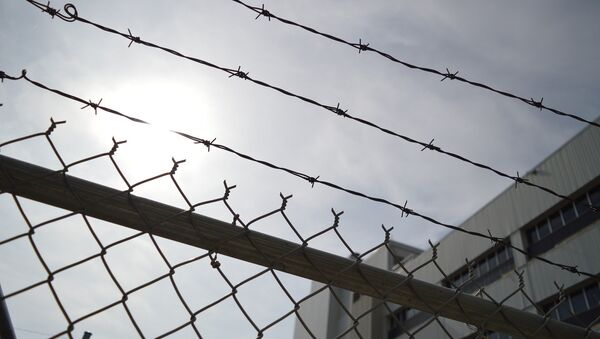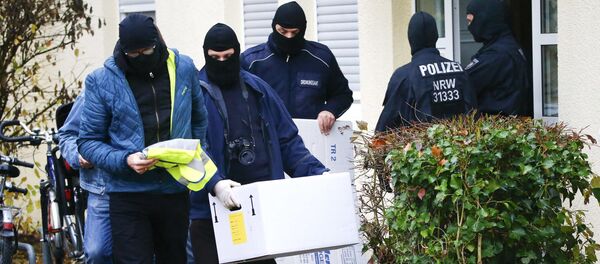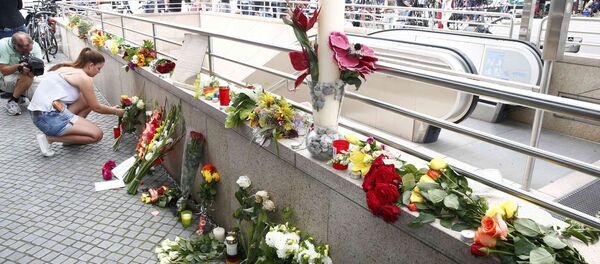Islamists will try to recruit a growing number of prisoners in their ranks, convincing them of the rectitude of Islamist ideology, a German political and religious expert, Sigrid Herrmann-Marschall, told Sputnik Germany.
"I think that the problem with the radicalization of prisoners will only worsen," Herrmann-Marshall said.
According to the analyst, only 25 percent of imprisoned Islamists cooperate with the German state.
"The rest, the overwhelming majority, are people who remain advocates of Islamist ideology and can convince others of its rectitude," he stated.
Terrorism Behind Bars
Hermann-Marshall revealed certain signals and identification signs that might speak of radicalization among prisoners.
In particular, suspicions may arise based on the content of their conversations and changes in their way of life, he noted.
"Prisoners suddenly start demanding their food to be made only from halal products, which are consistent with the requirements of Islam. They might also demand a possibility to follow namaz," Hermann-Marshall said, referring to the document.
"One of the indicators is a drastic change in the way of life and… significant changes in appearance. Also, pay attention to a name change [for example, from Martin to Muhammad]," the document said.
Role of Imams
An important role in the radicalization of prisoners is played by prison imams who come to visit detainees every Friday, according to Hermann-Marshall.
In the expert's opinion, the state authorities must ensure that imams come from serious Muslim communities, but this requirement has not always been met.
As an example, the expert cited a recent incident in the federal state of Hessen.
"We had a case there when the local Ministry of Justice dismissed an imam who had paid visits to Hessen's prisons. And it had good reasons to do so: the dismissal took place because this person was in contact with the Muslim Brotherhood," the expert noted, stressing that the state should be especially careful in order to avoid similar incidents in the future.
Lacking Staff in Prisons
The shortage of prison employees plays into the hands of extremists as well, said René Müller, chairman of the Union of Prison Employees in Germany.
"The lack of prison employees definitely plays into the hands of the Islamists," Müller told Sputnik Germany.
According to the union's recent assessment, German prisons lack at least 2,000 people in order to properly fulfill their duties.
"Our colleagues are completely overloaded. One employee sometimes has to deal with about 70 prisoners. Imagine, when 70 prisoners walk in the prison yard… anything can happen. A prison officer is incapable of controlling them all. In a crowd, you can recruit someone or arrange something…. Something might happen that will go unnoticed for the prison's leadership," the expert concluded.




